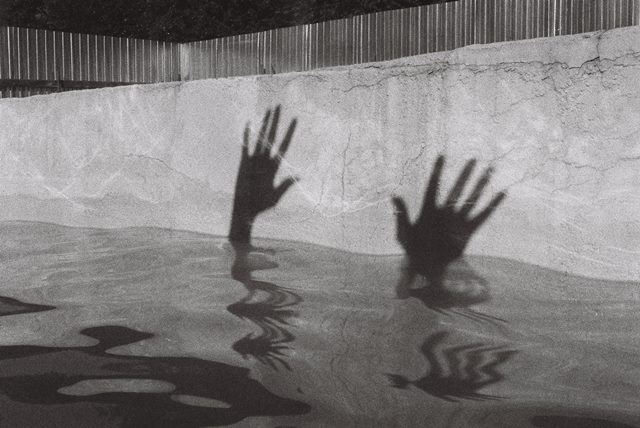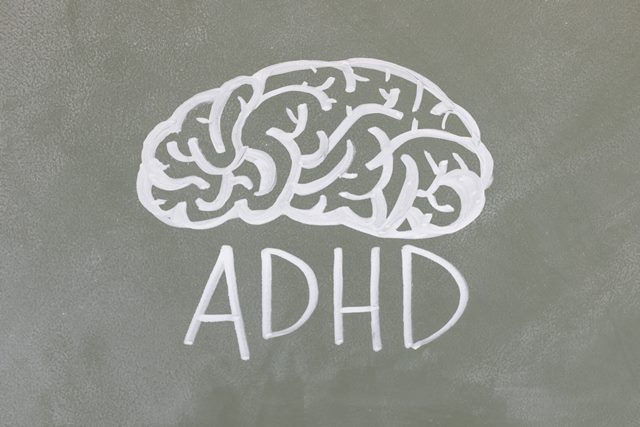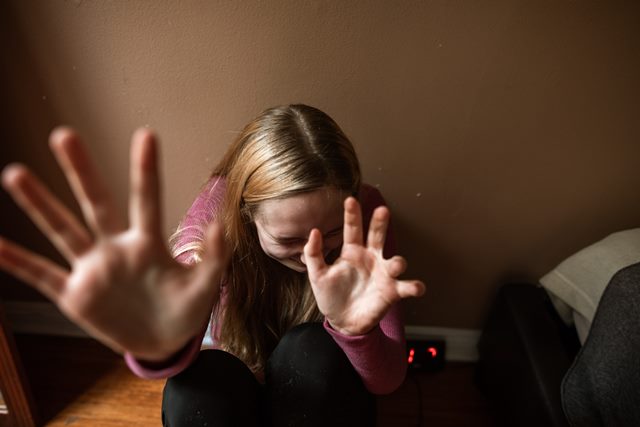Do you ever feel like your emotions are on a wild ride? One moment you’re feeling on top of the world, full of energy, and the next, you’re plunged into despair and hopelessness. You’re not alone. Millions of people worldwide experience these extreme mood swings daily, and it might be due to a condition called Bipolar disorder.
But what exactly is Bipolar disorder? And what does it mean for those who live with it?
Bi-polar disorder, also known as “manic-depressive illness,” is a mental health condition characterized by extreme shifts in mood, energy, and activity levels. It is not just about feeling “happy” or “sad.” Rather, it is a complex condition that can cause disruptions in daily life and affect relationships, work, and overall quality of life.
Knowing this, are you or someone you know experiencing these symptoms and wondering if it could be Bipolar disorder? Or are you curious to learn more about this condition and how it can be managed?
Then, let’s take a deep dive into the world of Bipolar disorder and discover the facts, causes, symptoms, and available treatment options.
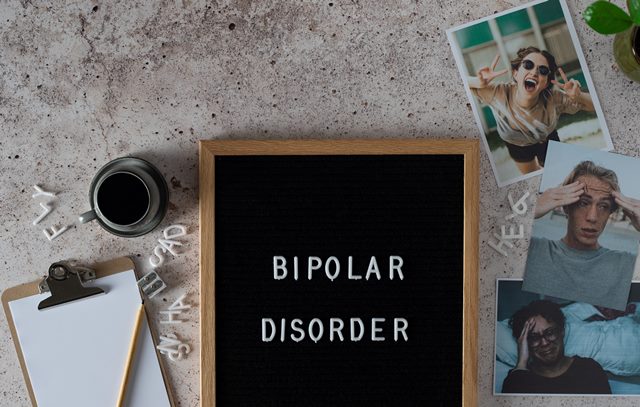
What Is Bipolar Disorder?
Bipolar disorder, also known as manic-depressive illness, is a mental health condition characterized by extreme mood, energy, and activity levels. It causes disruptions in daily life and impacts relationships, work, and overall quality of life.
It is characterized by manic and depressive episodes. Symptoms include excessive energy, impulsiveness, euphoria during manic episodes, feelings of sadness, hopelessness, and a lack of energy during depressive episodes.
Bipolar disorder is a chronic condition requiring ongoing management, including therapy and medication. However, it is essential to note that the severity and pattern of symptoms can vary from person to person.
Strangely, the exact cause of bipolar disorder is not known. But genetic, biological, and environmental factors can contribute to its development. This means having a family history of the disorder, brain structure, function, and traumatic experiences can increase the risk of developing the condition.
Hence, if someone suspects they may suffer from this condition, it is important to seek a professional evaluation. A mental health professional, such as a psychiatrist or psychologist, can make a diagnosis based on the Diagnostic and Statistical Manual of Mental Disorders (DSM-5) criteria.
Also, treatment for bipolar disorder typically involves a combination of therapy and medication. Medications such as mood stabilizers, antipsychotics, and antidepressants can help to regulate mood and prevent manic and depressive episodes.
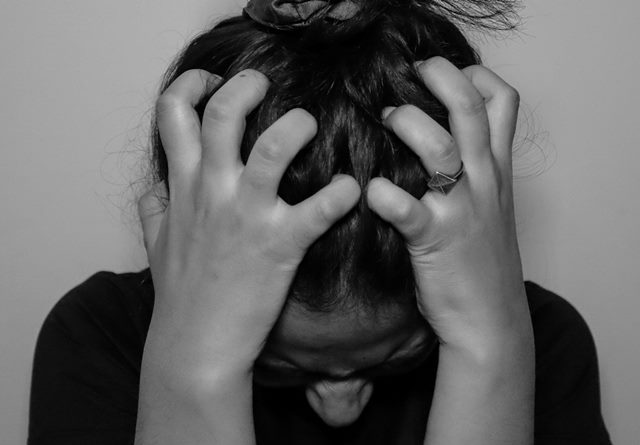
Read: How Do I Know If I Have Obsessive-Compulsive Disorder?
What Are the Symptoms of Bipolar Disorder?
The symptoms of bipolar disorder can vary in severity and duration, and they include the following:
Mania
This elevated or irritable mood can last for at least one week. It can be accompanied by symptoms such as increased energy, excessive happiness, impulsiveness, grandiose ideas, decreased need for sleep, and risky behavior.
Hypomania
This is a less severe form of mania, characterized by similar symptoms but with less severe impairment to daily activities and relationships.
Depression
This is characterized by sadness, hopelessness, a lack of energy, and a loss of interest in activities that were once enjoyed. The list continues with changes in appetite, sleep disturbances, and difficulty concentrating.
Put Your Tech Company on the Map!
Get featured on Nicholas Idoko’s Blog for just $50. Showcase your business, boost credibility, and reach a growing audience eager for tech solutions.
Publish Now
Mixed Episodes
These are characterized by the simultaneous presence of manic and depressive symptoms, for example, feeling both euphoria and hopelessness at the same time.
Rapid Cycling
This refers to having four or more episodes of mania, hypomania, or depression within 12 months.
Symptoms can vary from person to person, and not all people with bipolar disorder experience all of these symptoms.
Hence, a mental health professional can assist in developing a proper diagnosis and treatment plan.
What Causes Bipolar Disorder?
As earlier mentioned, the exact causes of bipolar disorder are not known. But it has been traced to genetic, biological, and environmental factors.
Hence, the following list consists of some of the factors that may play a role in the development of this disorder include:

Genetics
A family history of bipolar disorder increases the risk of developing the condition. Studies have shown that individuals with a parent or sibling with the disorder are more likely to develop it themselves.
Brain Structure and Function
Research has suggested that there may be differences in the way certain areas of the brain function in individuals suffering from the condition.
Environmental Factors
Trauma, stress, and life events can trigger or worsen symptoms of bipolar disorder.
Hormonal Imbalances
Bipolar disorder is associated with abnormal levels of neurotransmitters and hormones, which can affect mood and behavior.
Substance Abuse
Put Your Tech Company on the Map!
Get featured on Nicholas Idoko’s Blog for just $50. Showcase your business, boost credibility, and reach a growing audience eager for tech solutions.
Publish NowUsing drugs or alcohol can worsen the symptoms or trigger an episode in people suffering from this condition.

However, it is important to note that the development of this disorder is likely to be the result of a combination of these factors rather than one specific cause. But either way, seeking professional involvement and diagnosis would open doors for a smoother and easier solution.
Read: 10 Must-Know Facts About Mental Health Disorders
How Bipolar Disorder Is Diagnosed?
Diagnosing bipolar disorder can be a complex process and typically involves a combination of a thorough medical and psychological evaluation.
The first step in the diagnostic process is typically a physical examination. A doctor or mental health professional will conduct a physical exam to rule out any medical conditions that may be causing the symptoms.
They may also take a medical history and ask about any symptoms the individual has been experiencing.
The next step is a psychological evaluation. A mental health professional, such as a psychiatrist or psychologist, will conduct a thorough assessment to determine if the individual meets the criteria for bipolar disorder.

They may ask about symptoms, onset, duration, and severity of the episodes, any family history of mental health disorders, and other relevant information. They may also conduct a mental status examination to assess the individual’s mood, thought processes, and overall cognitive functioning.
A mental health professional will use the Diagnostic and Statistical Manual of Mental Disorders (DSM-5) criteria to make a formal diagnosis. The requirements include the presence of manic or hypomanic episodes and depression that is not caused by other medical conditions or substances.
However, it is essential to note that diagnosing bipolar disorder is not always easy and can take time. Hence, patients or family and friends of the patient should try as much as possible to go through every process with patience.
This is the only time lasting solutions can be proffered.
Note that other conditions, such as depression or anxiety, can coexist with bipolar disorder.
Bipolar Disorder and Relationships
This condition can also be difficult for the loved ones of the patients. They may feel overwhelmed by the emotional ups and downs of their loved one and may struggle to understand or cope with their behavior. They may also feel guilty, frustrated, or helpless.
Despite the challenges, individuals with bipolar disorder can maintain healthy and fulfilling relationships. All that is required is employing some strategies that may help. These include:

Communication
Individuals with bipolar disorder and their loved ones need to have open and honest communication about their feelings, needs, and concerns.
Understanding and Education
Understanding the condition and its symptoms can help loved ones to better understand and support their loved ones suffering from bipolar disorder.
Put Your Tech Company on the Map!
Get featured on Nicholas Idoko’s Blog for just $50. Showcase your business, boost credibility, and reach a growing audience eager for tech solutions.
Publish NowSupport
Support from friends, family, and professionals can be crucial in helping individuals with bipolar disorder to manage their symptoms and maintain healthy relationships.

Furthermore, when a person with bipolar disorder is in a manic or hypomanic episode, they may feel a sense of euphoria and have high energy levels. They may engage in impulsive behaviors, such as spending sprees, sexual promiscuity, or reckless driving.
Also, they may have racing thoughts and difficulty sleeping. These behaviors can be damaging to relationships, as they may cause financial strain or lead to infidelity.
During a depressive episode, a person with bipolar disorder may withdraw from social activities and have difficulty maintaining relationships. And they may also have suicidal. These behaviors can also be damaging to relationships, as they may cause feelings of rejection or neglect.
But through all these, it is essential to note that people with bipolar disorder can have healthy and fulfilling relationships with the right support and understanding.
Effective treatment and communication can help manage symptoms and improve relationships. It is also important for loved ones to educate themselves about the condition.
Read: The Meaning and Causes of Schizophrenia
Treatments for Bipolar Disorder
There are several different treatment options for bipolar disorder, including medication, therapy, and self-management techniques. The most common treatments include:
Medication
Antidepressant medication, mood stabilizers, and atypical antipsychotics are often prescribed to help manage the symptoms of bipolar disorder. Mood stabilizers such as lithium and valproate are commonly used to treat manic and hypomanic episodes.

While atypical antipsychotics such as olanzapine and quetiapine may be used to treat manic episodes that don’t respond to mood stabilizers alone. Antidepressants may also be used to treat depressive episodes, but they can sometimes trigger manic episodes.
Psychotherapy
Various forms of psychotherapy, such as cognitive-behavioral therapy (CBT), family-focused therapy, and interpersonal and social rhythm therapy (IPSRT), can help individuals with bipolar disorder learn to manage their symptoms and improve their relationships.
Self-Management Techniques
Self-management techniques such as regular exercise, stress management, sleep hygiene, and mindfulness practices can help individuals with bipolar disorder improve their overall well-being and reduce their risk of experiencing manic or depressive episodes.

Electroconvulsive Therapy (ECT)
Lastly, ECT may be used in severe cases of bipolar disorder or where medications and therapy have not worked.
Put Your Tech Company on the Map!
Get featured on Nicholas Idoko’s Blog for just $50. Showcase your business, boost credibility, and reach a growing audience eager for tech solutions.
Publish NowBefore you go…
Hey, thank you for reading this blog to the end. I hope it was helpful. Let me tell you a little bit about Nicholas Idoko Technologies. We help businesses and companies build an online presence by developing web, mobile, desktop, and blockchain applications.
We also help aspiring software developers and programmers learn the skills they need to have a successful career. Take your first step to becoming a programming boss by joining our Learn To Code academy today!
Be sure to contact us if you need more information or have any questions! We are readily available.
[E-Books for Sale]
1,500 AI Applications for Next-Level Growth: Unleash the Potential for Wealth and Innovation
$5.38 • 1,500 AI Applications • 228 pages
Are you ready to tap into the power of Artificial Intelligence without the tech jargon and endless guesswork? This definitive e-book unlocks 1,500 real-world AI strategies that can help you.
See All 1,500 AI Applications of this E-Book
750 Lucrative Business Ideas: Your Ultimate Guide to Thriving in the U.S. Market
$49 • 750 Business Ideas • 109 pages
Unlock 750 profitable business ideas to transform your future. Discover the ultimate guide for aspiring entrepreneurs today!
See All 750 Business Ideas of this E-Book
500 Cutting-Edge Tech Startup Ideas for 2024 & 2025: Innovate, Create, Dominate
$19.99 • 500 Tech Startup Ideas • 62 pages
You will get inspired with 500 innovative tech startup ideas for 2024 and 2025, complete with concise descriptions to help you kickstart your entrepreneurial journey in AI, Blockchain, IoT, Fintech, and AR/VR.
We Design & Develop Websites, Android & iOS Apps
Looking to transform your digital presence? We specialize in creating stunning websites and powerful mobile apps for Android and iOS. Let us bring your vision to life with innovative, tailored solutions!
Get Started Today
